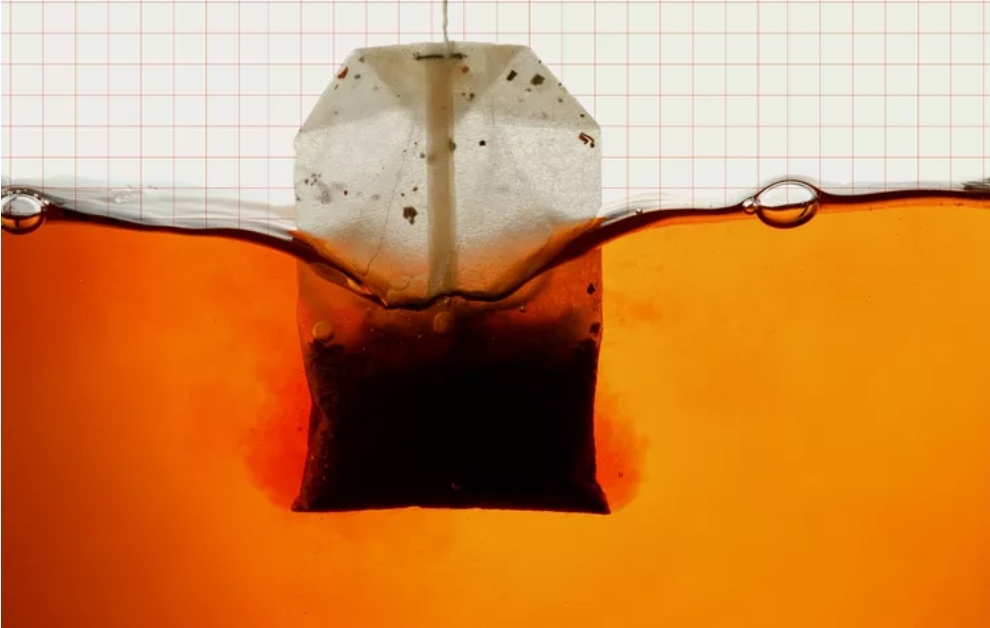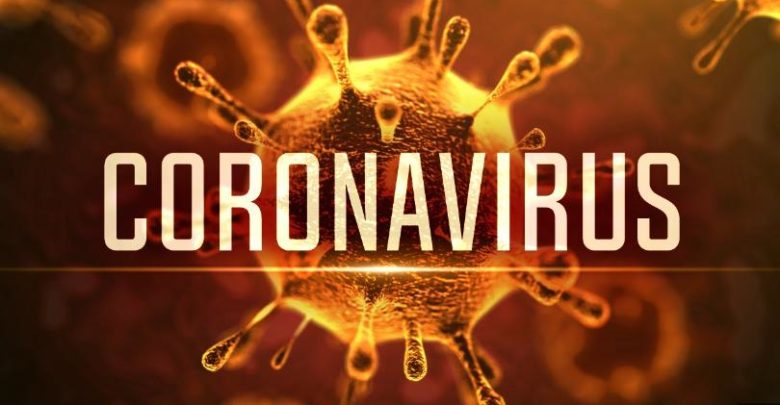Five Herbal teas that can affect your medication

Herbal teas are not the same as “true teas,” such as black, oolong, green and white varieties, which are made from Camellia sinensis (tea plant).1 Herbal teas, on the other hand, are made from a range of plants and can be prepared from their leaves, stems, roots, fruits, buds and flowers.
In addition, herbal tea is caffeine-free, while true teas contain caffeine, says Caroline Thomason, RD, CDCES, a Washington, D.C.-based dietitian. Herbal varieties also tend to have a milder or sweeter taste, compared to the bitter flavors of true tea, she says.
Flavor combinations such as apple cinnamon, chamomile, mint, chai, ginger turmeric, elderberry, tulsi, lemon and rooibos red tea are just some of the types of herbal teas you will find on grocery store shelves. “Most herbal teas are considered to be generally safe when consumed in moderation and can definitely be included as part of a complete and nutrient-dense diet,” says Lena Bakovic, a registered dietitian nutritionist at Top Nutrition Coaching.
However, if you read their labels, you might see a disclaimer on herbal tea that recommends people speak with their medical provider if they have a medical condition or take medication. And that’s good advice, especially if you’re sipping the following five teas.
5 Herbal Teas That Can Affect Your Medication
1. Ashwagandha
Ashwagandha (Withania somnifera (L.) Dunal) is an herb traditionally used to reduce stress, enhance well-being, reduce anxiety and improve sleep quality and duration.2 Ashwagandha may be an added ingredient in different formulations of herbal teas promoted for stress reduction and inducing a calming effect.
Findings from research studies where participants took 500 to 600 milligrams per day of ashwagandha extract suggest that there may be interactions with a range of meds: thyroid medications, diabetes medications, blood pressure medications, immunosuppressants and sedatives. While it’s likely there’s a smaller dose of ashwagandha in tea, if you take any of these medicines and drink ashwagandha regularly you should reach out to your doctor to be certain it is safe for you.3
2. Ginkgo Biloba
Ginkgo biloba is a plant rich in antioxidant compounds called flavonoids that may help dilate blood vessels to improve circulation.4 For some folks, that can be a problem. “Ginkgo biloba tea can slow down blood clotting, which poses an interaction with blood thinner medicines and can also interact with NSAID medications, such as ibuprofen, by increasing the risk of bleeding,” says Bakovic. Therefore, people with a known bleeding risk should be cautious about using ginkgo biloba products.5
3. St. John’s Wort
St John’s wort comes from the flowering plant tops of Hypericum perforatum and has been studied for its use in treating symptoms of depression, wound healing, ADHD and menopausal symptoms, among others.5 However, there is a great deal of evidence that suggests that SJW can interfere with many types of medications, reducing their effectiveness.6
Some of the potential interactions? “St. John’s wort can impact selective serotonin reuptake inhibitors (SSRIs) due to increasing serotonin levels, reduce the efficacy of birth control medications by changing how our body metabolizes them, and worsen the use of blood thinners by increasing blood clotting risks,” says Thomason.6
4. Goldenseal
Goldenseal (Hydrastis canadensis), also known as yellow root, has been used as a remedy for colds and other respiratory infections, allergic rhinitis (hay fever), ulcers and digestive issues like diarrhea and constipation. Goldenseal may interfere with certain diabetes medications, such as metformin, by reducing their effectiveness.7
5. Chamomile
Chamomile tea is often promoted as a stress-reliever or the perfect bedtime tea. Although amounts in teas are likely to be safe, chamomile can potentially interact with warfarin (a blood thinner) and cyclosporine (an immunosuppressant drug used after organ transplant).8
In addition, you may need to take precautions if you have diabetes, says Bakovic. “If a person with diabetes chooses to have chamomile tea on a regular basis, it is recommended that they closely monitor their blood sugars for potential blood sugar lowering effects,” she explains.
Tips for Including Herbal Teas in a Healthy Diet
Drinking tea is a wonderful way to hit your hydration goals, especially if you have a hard time drinking plain water. “Herbal teas can be a great part of a healthy diet, as they contain antioxidants and nutrients that you may not consume otherwise,” Thomason says. “Since herbal tea does not contain caffeine, you can easily incorporate it at any time throughout the day, and it is delicious whether served hot or cold,” she adds. Brew herbal tea in a large container and store it in the refrigerator for a refreshing beverage choice. And as long as it’s safe for you to do so, try these recipes for Herbal Chamomile Health Tonic, Lavender-Chamomile Herbal Tea or Hibiscus-Pomegranate Iced Tea.
The Bottom Line
Herbal teas are a great addition to a healthy eating plan, providing fluids and antioxidants. They contain no caffeine and come in a variety of flavors. Depending on how much you consume and what type, some herbal teas, such as ashwagandha and ginkgo biloba, have the potential to interact with medications. Be sure to reach out to a medical provider if you are unsure whether the herbal tea you consume can impact the effectiveness of your medications, especially if you drink it regularly.





